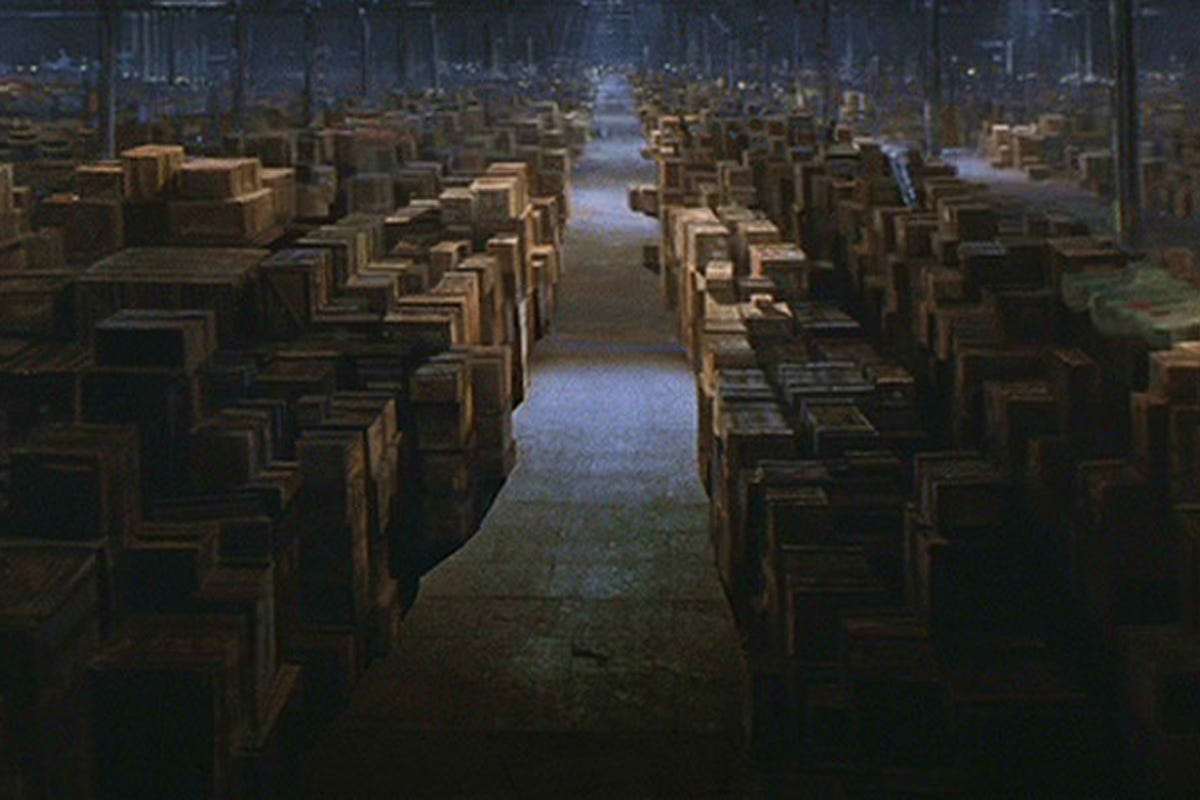How We Know What We Know
I've been reading some good stuff of late on epistemology ("how we know what we know"). With regard to truth, most people feel the pull of the Enlightenment's demand for proof, as well as postmodernism's questioning that truth can even exist. Many folks (kids especially) feel caught in the middle between what they assume are their only two options - objectivity or subjectivity - in which truth must either meet the requirements of science or it's time to check one's brain at the door in the name of faith.
What most people fail to understand is that the supposed objective knowledge of science that they take for granted is really little different from the presumed subjective testimony of religion that they hold as suspect. Most helpful in thinking through this are some thoughts from the second chapter of A Biblical History of Israel by Iain Provan, V. Philips Long, and Tremper Longman, titled "Knowing and Believing: Faith in the Past." They write:
"A general tendency in modern times...has been to downplay the importance of testimony about the past which has come down to us via a chain of human carriers of tradition, and in contrast, to emphasize the importance of empirical research in leading us into knowledge." (p. 36)
But:
"That the universe as a whole is rational and intelligible is a presupposition, not a scientific finding. Clearly, too, science of itself cannot properly tell us what to do with its findings. The ends to which science provides the means must be (and always are) chosen according to what is believed and valued by the people doing the choosing, which is a matter of religion, ethics, and politics, not a matter of science as such." (p. 39)
In other words, what we have received and pass on as science today is made up over time of just as much subjective interpretation as any religious oral tradition passed down. They continue, this time focusing more on historical studies:
"We are, in short, intellectually reliant upon what others tell us when it comes to what we call knowledge...As R.G. Collingwood once put it (albeit only to take issue with the statement), 'history is...the believing of someone else when he says that he remembers something. The believer is the historian; the person believed is called his authority." (p. 45-46)
Here's a good illustration of the idea involving the science (and art) of archaeology:
"Archaeological remains (when this phrase is taken to exclude written testimony from the past) are of themselves mute. They do not speak for themselves, they have no story to tell and no truth to communicate. It is archaeologists who speak about them, testifying to what they have found and placing the finds within an interpretive framework that bestows upon them meaning and significance." (p. 46)
"All knowledge of the past is in fact more accurately described as faith in the interpretation of the past offered by others, through which we make these interpretations (in part of as a whole) our own)...Modern historians, like their precursors, in fact depend on testimony, interpret the past, and possess just as much faith as their precursors, whether religious or not." (p. 49-50)
In sum, the idea that anything is "objective" - as if we could somehow sit in grandstands orbiting Earth and merely take notes - is a delusion. We cannot observe and pass on meaning (scientific, religious) without using subjective testimony to describe it. We are in the petri dish; we are not absent from it. The question then becomes, what testimony (again, scientific, religious - it doesn't matter) best explains reality, and what seems reasonable truth?




